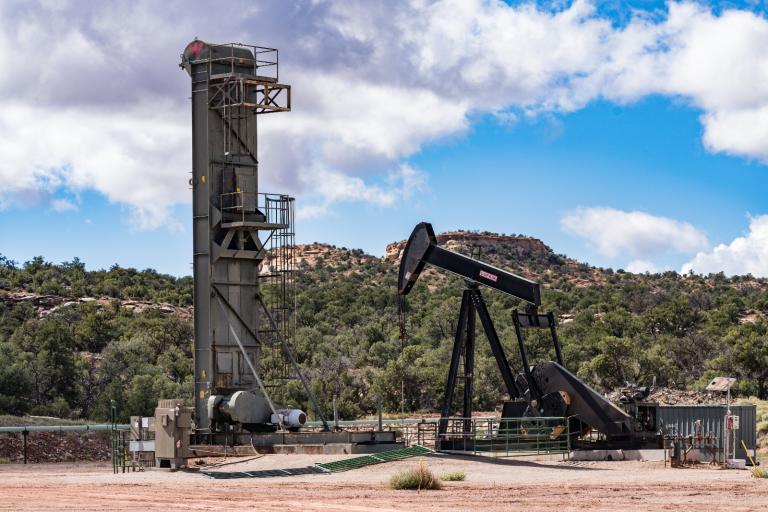
Lisa Jackson, President-elect Obama’s nominee to head the Environmental Protection Agency, is appearing this morning before the Senate Environment and Public Works Committee for her confirmation hearing. Jackson, 46, has been the commissioner of the New Jersey Department of Environmental Protection since Feb. 2006.
While she’s expected to get a mostly warm reception from senators — even climate skeptic James Inhofe (Okla.) has had nice things to say about her — it’s also likely that contentious issues like perchlorate and criticisms about Jackson from some New Jersey environmentalists will be raised.
Nancy Sutley, the nominee to head the Council on Environmental Quality, will also appear before the committee this morning, following Jackson.
Here are some key excerpts from Jackson’s prepared opening remarks pertaining to her plans for the U.S. EPA:
Science must be the backbone of what EPA does. The environmental and public health laws Congress has enacted direct the EPA administrator to base decisions on the best available science. EPA’s addressing of scientific decisions should reflect the expert judgment of the agency’s career scientists and independent advisors.
If I am confirmed, I will administer with science as my guide. I understand that the laws leave room for policy-makers to make policy judgments. But if I am confirmed, political appointees will not compromise the integrity of EPA’s technical experts to advance particular regulatory outcomes.
And here’s her take on environment vs. economic development:
The president-elect strongly believes responsible stewardship of our air and water can live side-by-side with robust economic growth. Done properly, these goals can and should reinforce each other.
The president-elect’s environmental initiatives are highlighted by five key objectives: reducing greenhouse-gas emissions; reducing other air pollutants; addressing toxic chemicals; cleaning up hazardous-waste sites; and protecting water. These five problems are tough, but so is our resolve to conquer them.
And on her family’s experiences as natives of New Orleans:
I was raised in New Orleans. My mother, like so many others, lost all she had in Hurricane Katrina. her home lay vulnerable because of its design, but also because of the failure of government-built levees that were supposed to protect her. The natural defenses of the marshes and wetlands south of New Orleans have been destabilized by siltation and cut by oil and gas lines. The government agency that was supposed to respond to the disaster was inept and incapable. In the face of that tragedy, I almost left public service. But I stayed because I believe we can and must do better for my mother and for all Americans.


